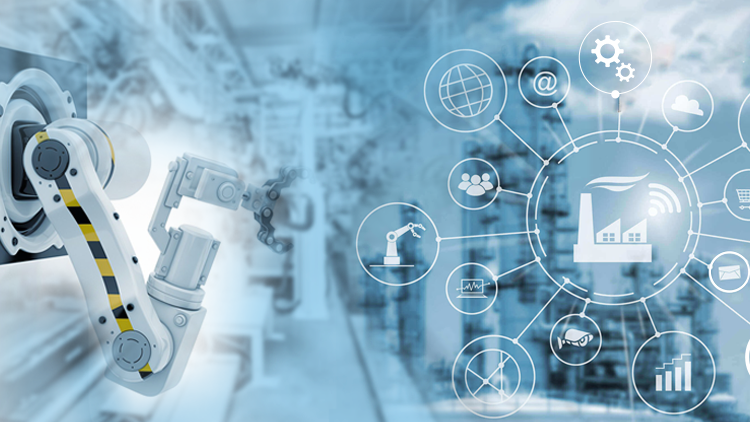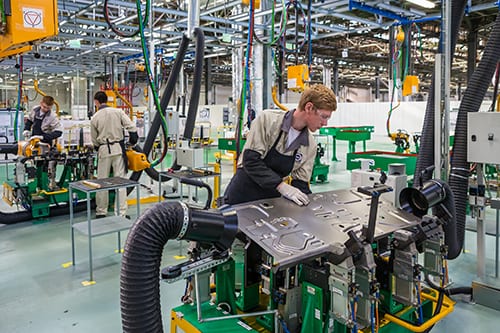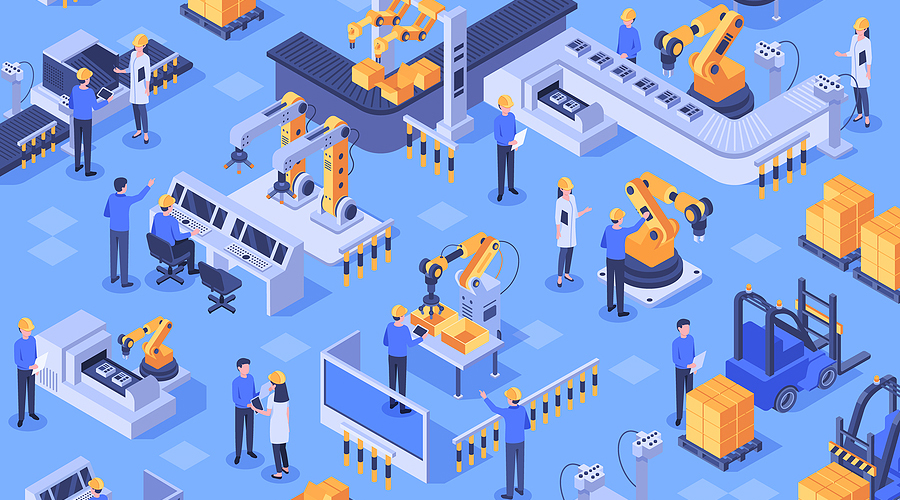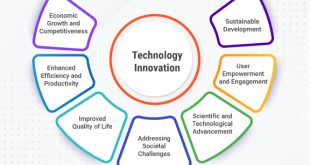Manufacturing is a crucial part of the economy and plays a vital role in the growth of a country. With the advancement of technology, manufacturing processes have become more efficient and productive. Technology has transformed the manufacturing industry by enabling automation, reducing costs, and improving product quality. In this article, we will explore how technology is enhancing efficiency and productivity in manufacturing.
Automation
 Source: bing.com
Source: bing.comAutomation is the use of machines and software to perform tasks that were previously done by humans. Automation has revolutionized the manufacturing industry by reducing labor costs, improving accuracy, and speeding up production. With the help of automation, manufacturers can produce goods faster, more accurately, and with less waste. Automation has also allowed manufacturers to produce goods around the clock, increasing productivity and reducing lead times.
Robotics
 Source: bing.com
Source: bing.comRobotics is a form of automation that involves the use of robots to perform tasks. Robots can perform repetitive and dangerous tasks with great precision and speed, improving the safety of workers and reducing the risk of human error. Robotics has also enabled manufacturers to produce complex products with greater accuracy and consistency.
Internet of Things (IoT)
 Source: bing.com
Source: bing.comThe Internet of Things (IoT) is a network of physical devices, vehicles, home appliances, and other items embedded with electronics, software, sensors, and connectivity. In manufacturing, IoT is used to connect machines and devices to the internet, enabling them to communicate and share data. IoT has enabled manufacturers to monitor their machines in real-time, predicting failures before they occur and reducing downtime. IoT has also enabled manufacturers to optimize their production processes, reducing waste and improving efficiency.
Artificial Intelligence (AI)
 Source: bing.com
Source: bing.comArtificial Intelligence (AI) is the simulation of human intelligence in machines that are programmed to think and learn like humans. In manufacturing, AI is used to analyze data and make decisions based on that data. AI has enabled manufacturers to optimize their production processes, reduce waste, and improve quality. AI has also enabled manufacturers to predict customer demand, enabling them to produce the right products at the right time.
3D Printing
 Source: bing.com
Source: bing.com3D printing is the process of creating a physical object from a digital model by laying down successive layers of material. 3D printing has revolutionized the manufacturing industry by enabling manufacturers to produce complex parts with greater accuracy and consistency. 3D printing has also enabled manufacturers to produce parts on demand, reducing inventory costs and lead times.
Conclusion
In conclusion, technology has transformed the manufacturing industry by enabling automation, reducing costs, and improving product quality. Automation, robotics, IoT, AI, and 3D printing are just a few examples of how technology is enhancing efficiency and productivity in manufacturing. As technology continues to advance, we can expect to see even more innovative solutions that will further improve the manufacturing industry.
Related video of How Technology is Enhancing Efficiency and Productivity in Manufacturing
DAFTAR ISI
 Majalah Pulsa Kumpulan Berita dan Informasi Seputar Teknologi
Majalah Pulsa Kumpulan Berita dan Informasi Seputar Teknologi


